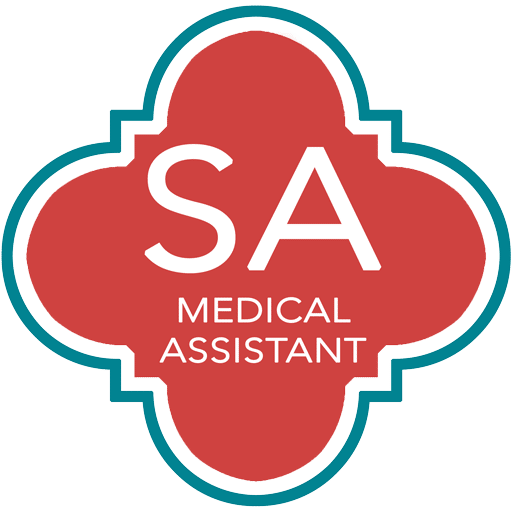Medical assistant programs are designed to prepare you for a rewarding career in the healthcare industry. Whether you’re interested in clinical tasks, administrative duties, or both, these programs cover the essential skills and knowledge you’ll need to succeed. Let’s break down what you can expect to learn in a medical assistant program.
Clinical Skills You’ll Master
A significant portion of medical assistant training focuses on hands-on, clinical skills. These are the day-to-day tasks you’ll perform while working alongside doctors, nurses, and other healthcare professionals. Key skills include:
- Taking vital signs like blood pressure, pulse, and temperature.
- Drawing blood and performing phlebotomy procedures.
- Administering injections, including vaccinations and medications.
- Preparing patients for exams and procedures.
- Performing EKGs (electrocardiograms) to assess heart health.
- Assisting with minor surgical procedures, such as wound care or suturing.
- Sterilizing equipment to maintain a clean and safe environment.
Administrative Skills You’ll Learn
In addition to clinical tasks, medical assistants often handle administrative responsibilities. These skills ensure healthcare offices run smoothly and efficiently. Expect to learn:
- Medical billing and coding for insurance purposes.
- Patient scheduling and appointment management.
- Electronic health record (EHR) systems for accurate documentation.
- Answering phones and managing communication between staff and patients.
- Filing and maintaining patient records in compliance with privacy laws like HIPAA.
Topics Covered in the Curriculum
Medical assistant programs often combine lectures, labs, and externships. Below is a snapshot of common topics covered:
| Course Topic | What You’ll Learn |
|---|---|
| Anatomy & Physiology | Understanding the structure and function of the human body. |
| Medical Terminology | Learning the language used in healthcare settings. |
| Pharmacology | Basics of medications, dosages, and administration. |
| Medical Law & Ethics | Understanding patient rights and ethical practices. |
| Laboratory Procedures | Conducting basic lab tests and analyzing specimens. |
| First Aid & CPR | Emergency response techniques and certifications. |
Externship Opportunities
Many medical assistant programs include a clinical externship—an invaluable hands-on learning experience. During your externship, you’ll work in real healthcare settings like clinics, hospitals, or doctor’s offices. This allows you to:
- Apply the skills you’ve learned in class.
- Gain practical experience under supervision.
- Build confidence in a real-world environment.
- Network with professionals who may help you secure a job after graduation.
Certifications You Can Earn
Medical assistant programs often prepare you for certifications that enhance your credentials and job prospects. Some certifications you might be eligible for include:
- Certified Medical Assistant (CMA)
- Registered Medical Assistant (RMA)
- Certified Clinical Medical Assistant (CCMA)
- Basic Life Support (BLS) or CPR certification
These certifications demonstrate your expertise and dedication to potential employers.
Why Enroll in a Medical Assistant Program?
If you’re still unsure whether a medical assistant program is right for you, consider these benefits:
- Short training period: Most programs take less than a year to complete.
- High demand: Medical assistants are in demand, with job growth projected to outpace many other fields.
- Diverse skills: You’ll gain a mix of clinical and administrative expertise, making you a versatile employee.
- Opportunities for advancement: With experience, you can pursue further certifications or transition into other healthcare roles, such as nursing.
Final Thoughts
A medical assistant program is your gateway to a fulfilling career in healthcare. You’ll gain practical skills, earn valuable certifications, and be well-prepared to make a positive impact in patients’ lives. Whether your goal is to work in a small clinic or a bustling hospital, the knowledge and experience you gain will set you on the path to success.
